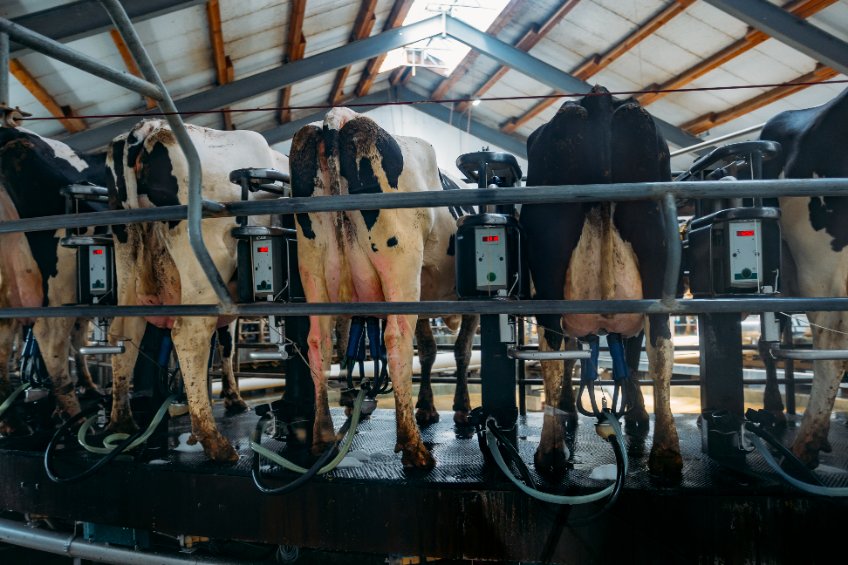
Britain’s farmers are warning that surging energy costs and soaring standing charges are pushing the food supply chain to breaking point, with some businesses facing closure without urgent reform.
The NFU said the current system for calculating non-domestic electricity charges is adding enormous cost pressures to an already fragile sector — and called on energy regulator Ofgem to introduce fairer tariffs for seasonal users such as farms.
The warning comes as energy-intensive sectors across food and manufacturing continue to grapple with volatile costs, leaving producers squeezed between soaring input prices and static returns.
In a letter to Ofgem, the union said the current system for calculating standing charges unfairly penalises seasonal energy users such as farms that operate grain dryers or refrigeration equipment for only part of the year.
Because charges are based on peak energy use rather than overall consumption, many businesses are forced to pay high rates all year round.
The NFU is urging Ofgem to review the system and develop a more balanced approach to charging for energy capacity, calling for a “fair and more equitable distribution of costs” for businesses with fluctuating energy demands.
NFU President Tom Bradshaw said many members had been left struggling to manage soaring bills amid wider inflationary challenges across the sector.
“Rising energy costs and the impact of increased standing charges are adding huge inflationary pressures in the supply chain,” he said. “We’re hearing from many concerned farmers and growers that this is threatening their businesses, and in some cases, pushing them to the brink of closure.”
Bradshaw added that while energy and production costs were high across the economy, the current model could be reformed to support investment and resilience in British farming.
“There’s a fairer way to approach the current standing charge model, one that would allow businesses to reinvest, improving efficiency and resilience,” he said.
The NFU welcomed Ofgem’s acknowledgment earlier this year that the energy regulator needs “a more enduring and strategic approach to standing charges and affordability”. Bradshaw said this recognition must now be turned into tangible action.
“That’s why we’re calling on Ofgem to introduce a new High Capacity Usage, Low Utilisation scheme — a fairer system that would reduce capacity charges for occasional high-power users,” he explained.
The union said it had raised the issue directly with Ofgem Chair Mark McAllister in correspondence following a meeting in August 2025.
Meanwhile, NFU Energy continues to offer tailored advice to members seeking help in understanding and managing their energy costs during what it called a “challenging period” for the industry.
